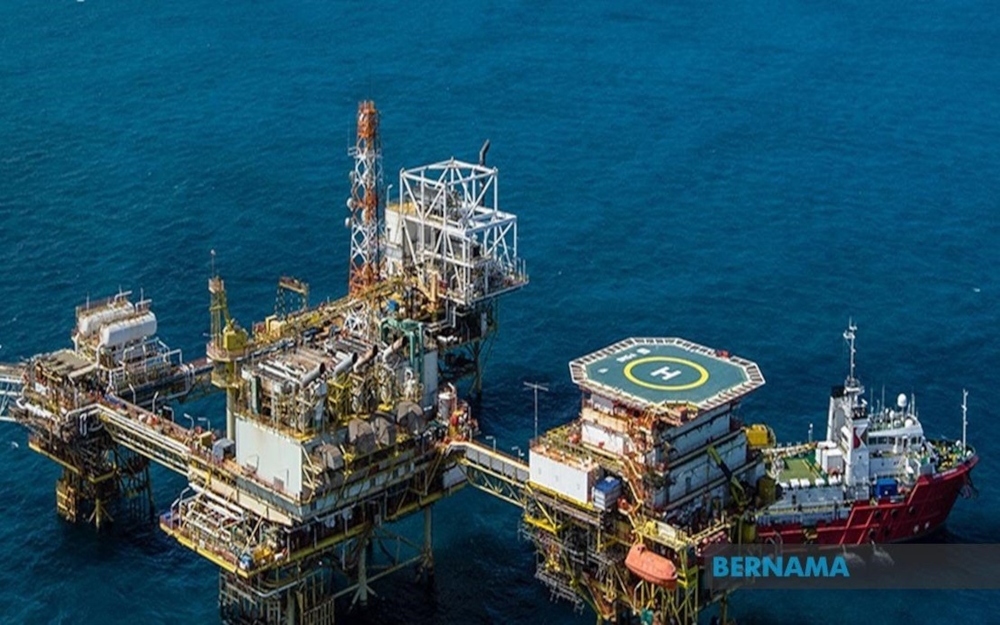Federal laws take precedence in Sarawak’s oil and gas dispute, experts assert (VIDEO)

KUALA LUMPUR, Nov 20 — The federal government’s position on oil and gas (O&G) resources off Sarawak’s shores remains grounded in the Petroleum Development Act 1974 (PDA), which grants Petronas full ownership and exclusive rights to all petroleum resources in Malaysia, both onshore and offshore.
This claim has come under contention from Sarawak, which relies on its pre-Malaysia Oil and Mining Ordinance 1958 (OMO) to assert its rights over the resources on the continental shelf off its coast, according to a report published today in Free Malaysia Today (FMT).
Not content with the 5 per cent oil royalties outlined under the PDA agreement, Sarawak has recently sought a larger portion of the revenue from oil and gas production, asserting that it holds exclusive legal ownership of the resources off its coastline.
The state argues that its maritime boundaries, including the continental shelf, were already established in 1954. It said the boundaries remained intact when it joined Malaysia in 1963, or nine years later.
However, experts and key stakeholders maintain that federal laws, including the PDA and the Territorial Sea Act 2012, supersede state ordinances when it comes to national resource management.
The dispute is notable as it questions Petronas’ authority to extract resources from a lucrative area in the South China Sea, particularly near the Luconia Shoals.
The region, believed to contain 60 per cent of the country’s oil and gas reserves, produces the majority of Malaysia’s liquefied natural gas (LNG), meeting 90 per cent of Petronas’ LNG export demands.
Former finance minister Tan Sri Tengku Razaleigh Hamzah, the first chairman of Petronas, asserts that Sarawak does not hold superior rights over the resources compared to the national oil company.
“It’s not their oil. It was not even discussed at the time (when the Malaysia Agreement 1963 was drawn up),” he was quoted as saying by FMT.
Razaleigh also highlighted Sarawak’s obligations under the existing royalty agreement.
“You can’t go back and forth, you know. An agreement is an agreement,” he said.
Maritime lawyer Liew Teck Huat argues that Sarawak’s legal position is problematic, particularly its interpretation of the continental shelf’s extent under the 1954 Order in Council.
“Sarawak claims that the 1954 Order extended its boundaries to include the continental shelf, which it says goes up to 200 nautical miles from the edge of its territorial waters.
“But the 200-nautical-mile length is not specifically stated in the Order itself. At the time, the concept of what constitutes the ‘continental shelf’ had not yet been resolved,” Liew said.
According to Liew, the term was formally defined in the 1982 United Nations Convention on the Law of the Sea (Unclos), which Malaysia ratified in 1986.
Unclos is an international treaty that provides a detailed legal structure governing all marine and maritime activities.
According to Liew, Unclos and its subsequent incorporation into Malaysian law through the Territorial Sea Act 2012 affirm federal rights to the continental shelf for the benefit of the entire nation.
“Unclos was formally adopted as part of Malaysian law when the Territorial Sea Act 2012 was passed by Parliament following the annulment of the 1969 Proclamation of Emergency in December 2011,” said Liew.
Liew contends that the PDA and Territorial Sea Act 2012 are valid and enforceable unless declared otherwise by the courts.
“On that basis, the PDA and the Territorial Seas Act 2012 do not make inroads into Sarawak’s boundaries as claimed and are good law,” he said.
He added that the Territorial Sea Act 2012 strengthens Malaysia’s sovereignty, ensuring resources off all coasts, including Sarawak’s, benefit the entire federation.
“In any event, any legislation passed into law by Parliament must be taken as valid and enforceable unless struck down by a court.
“It is for the party asserting that a law is unconstitutional — in this case the state of Sarawak — to challenge it in the Federal Court,” said Liew.
Ultimately, unless determined with finality by the courts, disputes over Petronas’ rights and Sarawak’s claims may persist.
For now, federal authority and national laws stand firm as the governing framework for O&G resources.

